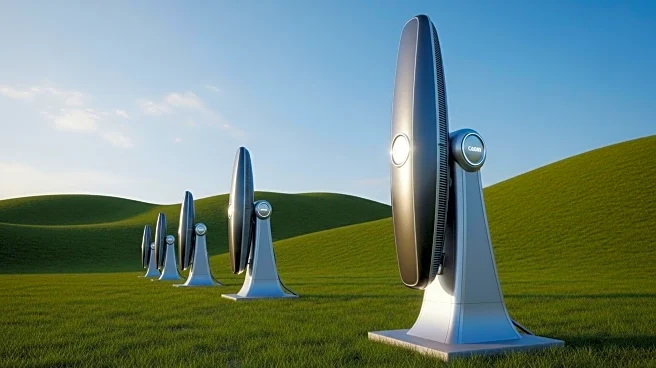What is the story about?
What's Happening?
A new report by Enverus Intelligence Research highlights the impact of Illinois' ban on carbon storage beneath the Mahomet Aquifer, affecting three carbon capture, utilization, and storage (CCUS) projects with a total capacity of 5.6 million metric tons per annum (mtpa). The ban raises concerns for similar projects in regions with EPA-designated sole source aquifers, particularly in Louisiana, where 58 mtpa of storage capacity could be at risk.
Why It's Important?
The regulation in Illinois underscores the challenges facing CCUS projects, which are critical for reducing carbon emissions and combating climate change. The potential impact on projects in Louisiana could significantly affect the U.S. carbon storage capacity, hindering efforts to meet climate goals. The situation highlights the need for regulatory clarity and support for CCUS technologies to ensure their viability and effectiveness.
What's Next?
Stakeholders in the CCUS industry may seek to engage with regulators to address concerns and find solutions that balance environmental protection with the need for carbon storage. The outcome of these discussions could influence future regulations and the development of CCUS projects across the U.S., impacting the country's ability to achieve its climate targets.
















